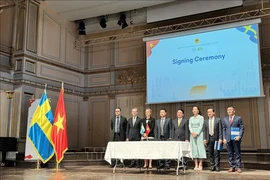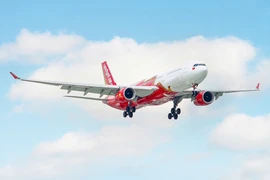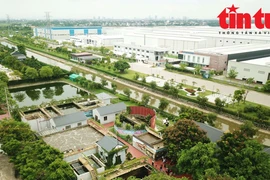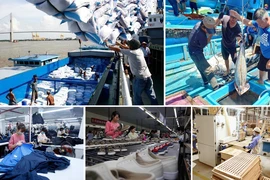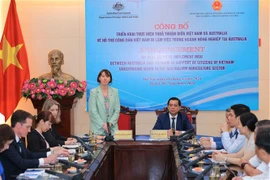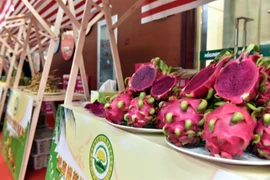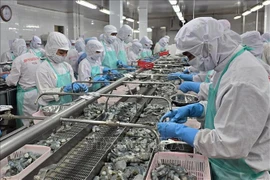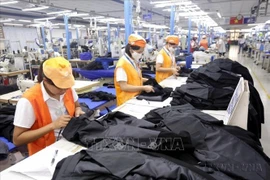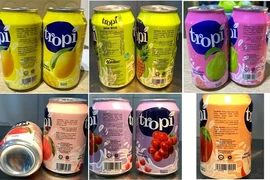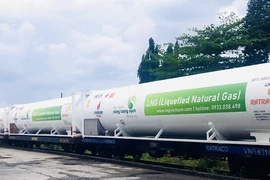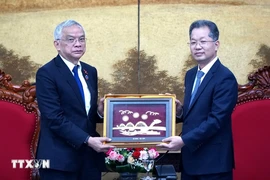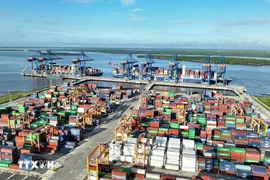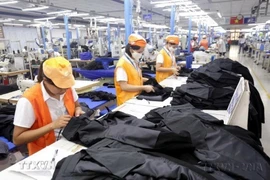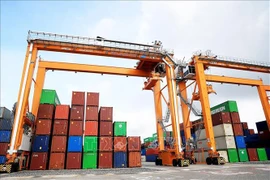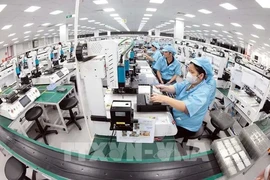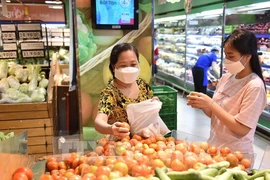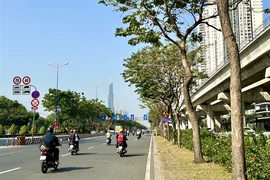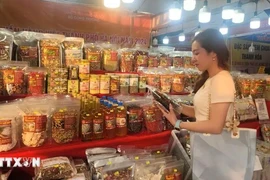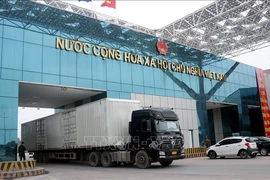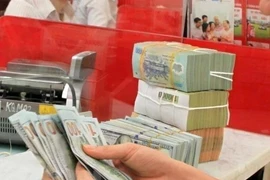The EVFTA opens the door to Vietnam’s agriculture and fisheries products. Vinamex, an import and export company in Belgium, has a solid reputation in this rather difficult market, especially in regard to rice and cashew nuts. Its warehouse in Brussels regularly houses agricultural products imported from Vietnam.
Vietnamese rice imported by Vinamex is sold at the Carrefour supermarket in Brussels. Fragrant rice has been consumed in large quantities in Europe for a number of years, but not much has been Vietnamese. Rice from Vietnam has been subject to a relatively high import tax of 5% to 45%, depending on the variety. There are even some EU countries that impose an import tax on Vietnamese rice of up to 100% or higher. Under the EVFTA, the tax rate on rice is 0%, and if Vietnam makes good use of the opportunity to export its 80,000-ton quota then export turnover could quadruple compared to the present figure.
Agriculture and fisheries stand to gain a great deal as soon as the EVFTA takes effect. EU countries are, however, known for technical barriers that “discourage” foreign importers hoping to dominate the market.
Many other agricultural products will also benefit from the EVFTA. Grapefruit, coconut, dragon fruit, and passionfruit are already quite popular among European consumers./.
